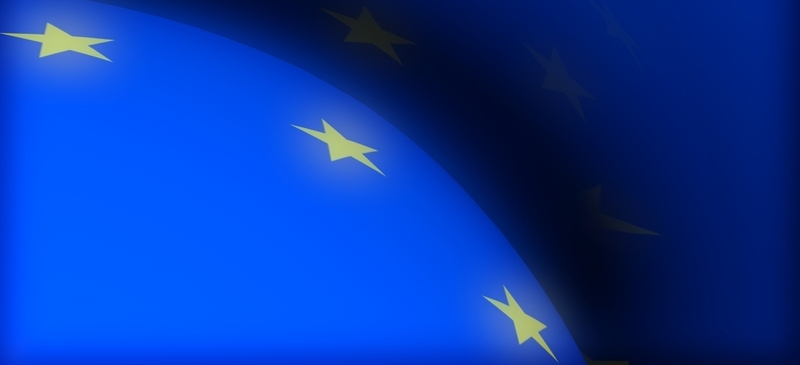
The rise of the Euro-punks
Recently I attended an off-the-record Brussels “think-in” where a very prominent European politician wondered out loud what the future would be for the EU now that his children’s generation were taking the reins.
“People talk about a lack of political leadership in Europe but there are deeper factors at work,” he mused. “The reality is that the model of European politics that we practice today was designed for another time when you could divide society neatly into various interests. It is not so easy now: European society has changed, become more individualistic and complicated.”
Umberto Eco, the Italian novelist and thinker, once famously declared that the future of Europe would be built on the sexual vivaciousness of the Erasmus student-exchange generation. But that cohort is turning out very differently from the one that was supposed to revere former European Commission President Jacques Delors, raise a multilingual middle class and emotionally identify with the Constitution for Europe.
Rather, it is far from clear to younger Europeans today that “ever closer union” is the principal solution to their concerns. And – as the rise in support for far-right parties across Europe hints – Eco’s children are getting angrier as almost every EU country becomes more unstable.
Today’s Erasmus-era Europeans are in fact more akin to the punk generation of the 1970s. Punk began as a cultural, social and political reaction to the failed idealism of the previous decade: free love without consequences, brotherhood-of- man socialism, the struggle for democracy in southeast Asia, and so on. Economic stagnation, social unrest and distrust both of government and big business created a subversive non-movement that lashed out at both authority and idealism alike. It was also an era of despairing nihilism: when much of the West decided that decline was inevitable and that there were no answers.
The idealism of this generation was a conviction that the prosperity and stability of European society could be taken for granted, an expectation which the EU was in part created to satisfy. But that bubble is bursting upon contact with hard realities: an uncertain future for the global economy, swingeing government austerity at home and the desperately difficult challenges thrown up by immigration.
The EU too has outlived its hippie phase and the peacenik elitists who ushered in German unification, the 1992 single market programme, monetary union, passport-free travel and the seemingly unending cycle of treaties and charters that were supposed to change the world.
It is important to remember that the punk movement was a cry of pain, not a coherent ideology. The anger of that generation was a subconscious reaction to being pulled inexorably towards a solution it was not yet ready to accept. For punk presaged an eventual embrace of politicians like Ronald Reagan and Margaret Thatcher who promised restored order and renewed prosperity via a return to conservative principles.
Like the Sex Pistols before them, today’s “Euro-punks” sense that there may indeed be “no future” since they lack the will to either reverse EU integration or to make it work. But it is likely that the disillusion of these times will shortly prompt continental political parties to cease their indulgence of the EU as being above criticism because it is a guarantor of peace in Europe.
Berlin’s belated discovery that European integration is in some ways a potential threat to the German way of life, Slovakia’s blunt refusal to participate in the Greek bailout, and the new Dutch government’s desire to cut its contribution to the EU’s budget by a whopping 50 percent are harbingers of that trend.
Meanwhile, we are faced with an anxious present where the EU seems to be in perpetual crisis; the euro is about to dissolve between our very fingers; and our continent slips beneath the sands in a world where even the Americans are just holding their own. Like the 1970s, it is an edgy time in which the spectre of anarchy looms on theperiphery.
And it is a time when it is possible, however unlikely, that the fragile system of government called the EU might come tumbling down around us because the Delors generation oversold the economic potential of the single market, the workability of the common currency, the lovability of the EU’s institutions and the plausibility of a global-power Europe.
This generation has been left with the gruelling donkey work of integration, the bald choice to either make something workable out of the naive dreams of their parents or tear them down. Can you blame them if they don’t find it immediately obvious what the right choice is?
